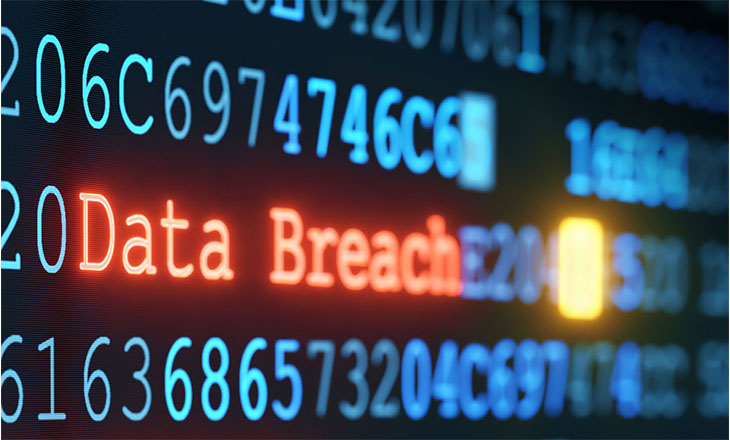The concerns over the cryptocurrency regulations are growing constantly. Countries around the world are not really sure how to classify cryptocurrencies, as money, as digital assets, as property rights or as a completely different category.
The US Treasury Department of Foreign Assets Control or OFAC has prosecuted two Iranians for conducting a major cyberattack, now known as “SamSam”. The criminals used ransomware to create the scheme.
According to Reuters, the entire attack cost around $30 million in losses for the victims and over $6 million in payments from ransom. The SamSam scheme lasted for 34 months in total and exploited multiple victims, including corporations, schools, hospitals and even government institutions, mainly from New Jersey, Georgia and more US states.
The magnitude of the crime is enormous, as it lasted more than 2 years and 8 months, forcing the Hollywood Presbyterian Hospital located in Los Angeles to not accept patients and closed the Atlanta government.
The US has also sanctioned two others for orchestrating the exchange of ransom payments from the “people’s currency” into rials. The names of the men are Mohammad Ghorbaniyan and Ali Khorashadizadeh. The indicted criminals for the entire scheme are Mohammad Masouri and Faramarz Savandi. They were charged with conspiracy to commit wire fraud, conspiracy to hack computers, and several more counts.
The case is a very interesting one in terms of cybercriminal activity and cryptocurrencies. While transactions with Bitcoin may be deemed “anonymous”, the Bitcoin addresses for the Iranian criminals were successfully tracked by the US Treasury Department. The victims of the SamSam scheme are over 200. Such crime undeniable calls for more crypto regulation and poses the questions of how “anonymous” Bitcoin addresses really are.
